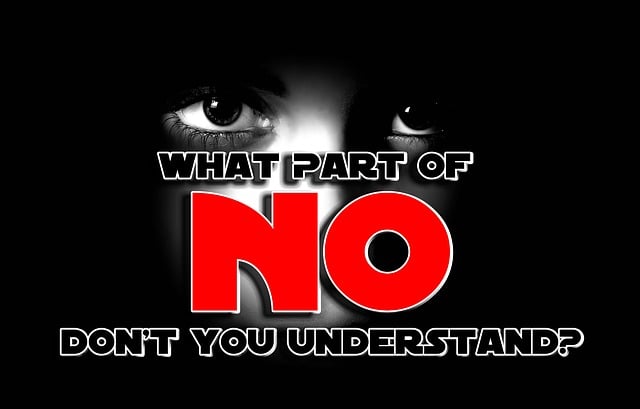Unsecured debt consolidation loans are a popular, accessible way for individuals without collateral to combine multiple high-interest debts into one manageable repayment. While offering speed and simplicity with lower borrowing limits and higher interest rates than secured loans, these loans can help free up cash flow by streamlining debt payments. It's crucial to assess financial health before applying to ensure the loan aligns with long-term goals.
Debt consolidation is a popular strategy for managing multiple loans. When deciding between secured and unsecured options, understanding their nuances is crucial. This article guides you through the process, offering insights into ‘What Is an Unsecured Debt Consolidation Loan’ and its advantages and drawbacks. By comparing these loan types, you’ll gain clarity on which approach aligns best with your financial goals, helping you make an informed decision to simplify and reduce your debt burden effectively.
- Understanding Secured and Unsecured Debt Consolidation Loans
- Comparing Unsecured Debt Consolidation Loans: Pros and Cons
Understanding Secured and Unsecured Debt Consolidation Loans

Debt consolidation loans are a popular tool for managing multiple debts. They work by combining all your existing debts into one single loan with a potentially lower interest rate. This simplifies repayment by reducing the number of payments you need to make each month, which can free up cash flow and reduce stress.
There are two main types of debt consolidation loans: secured and unsecured. An unsecured debt consolidation loan is a type of loan where the lender does not require any collateral from the borrower. It’s based purely on the borrower’s creditworthiness and income. This makes it easier to access, but also means higher interest rates compared to secured loans. A what is an unsecured debt consolidation loan? It’s a straightforward borrowing option for those looking to simplify their debt payments without putting up any assets as security.
Comparing Unsecured Debt Consolidation Loans: Pros and Cons

Unsecured debt consolidation loans are a popular option for individuals seeking to simplify their financial obligations. Unlike traditional loans that require collateral, unsecured loans offer flexibility as they don’t tie up any assets. This type of loan aggregates multiple high-interest debts into one single repayment with a potentially lower interest rate. The primary advantage lies in its simplicity and speed; borrowers can apply and receive approval relatively swiftly without the need for collateral assessment.
However, there are considerations. Unsecured loans often come with higher interest rates compared to secured options as lenders bear more risk. Additionally, borrowing limits may be lower, and if repayments lag, creditors have fewer legal remedies to reclaim the funds. It’s crucial to assess one’s financial health and repayment capacity before opting for an unsecured debt consolidation loan to ensure it aligns with their long-term financial goals.
When deciding between secured and unsecured debt consolidation loans, understanding the pros and cons of each is key. While secured loans offer potentially lower interest rates, they come with the risk of losing collateral if repayments fail. Unsecured loans, on the other hand, provide flexibility without tying up assets but usually carry higher interest rates. For those seeking a balance between these options, exploring what is an unsecured debt consolidation loan can unlock opportunities for financial refreshment and improved management. Ultimately, the best choice depends on individual circumstances, creditworthiness, and the desire to maintain or part with collateral.
